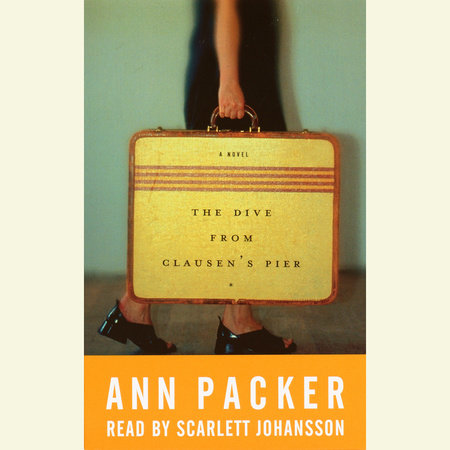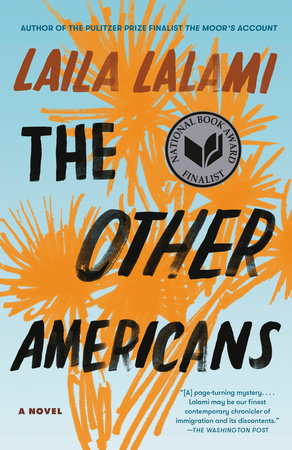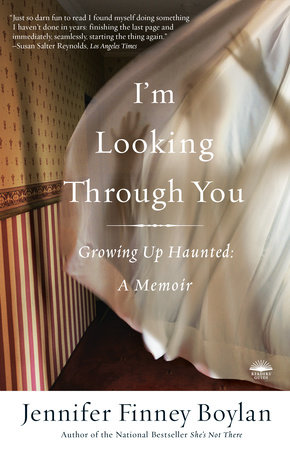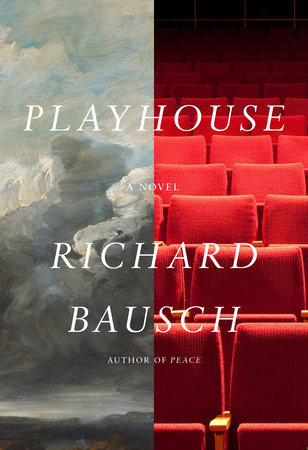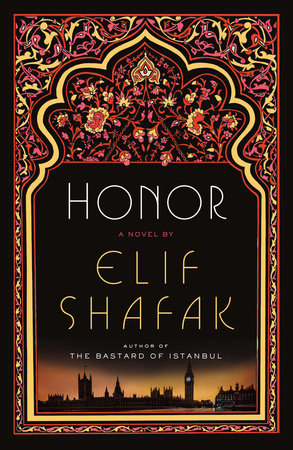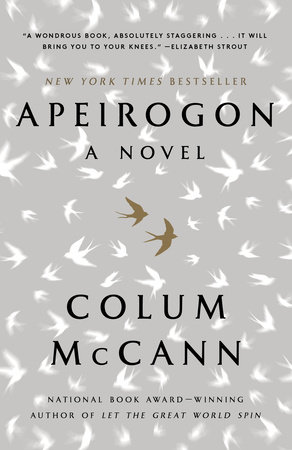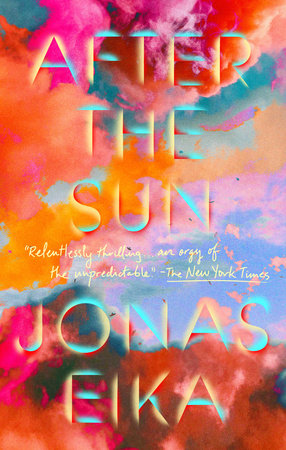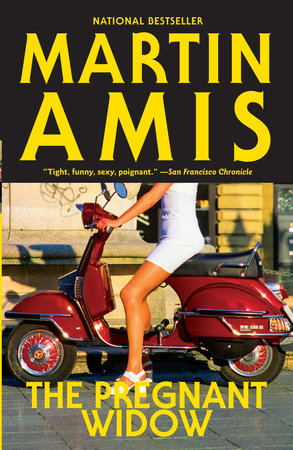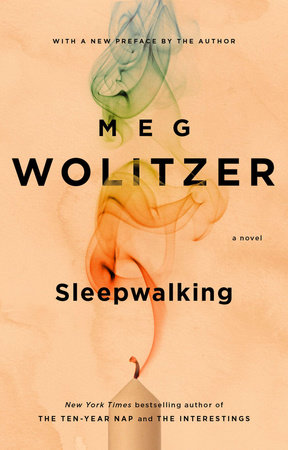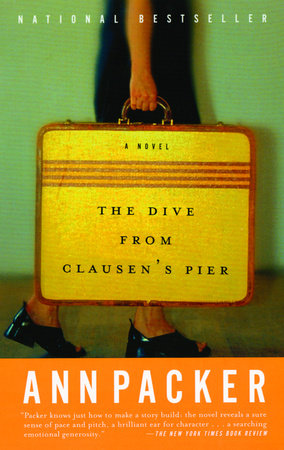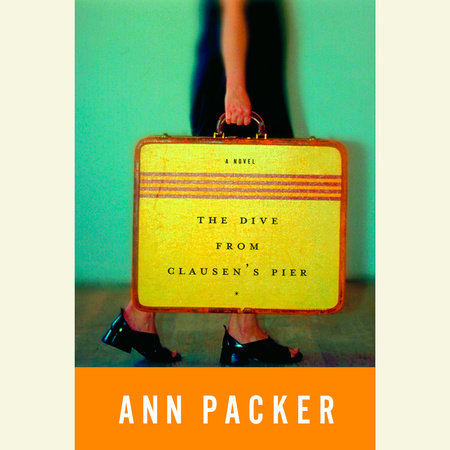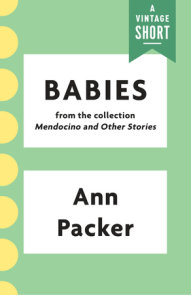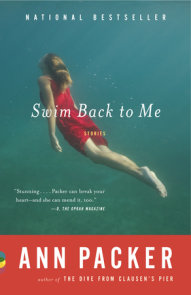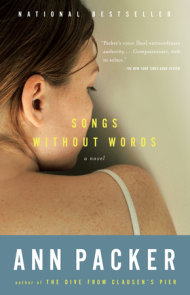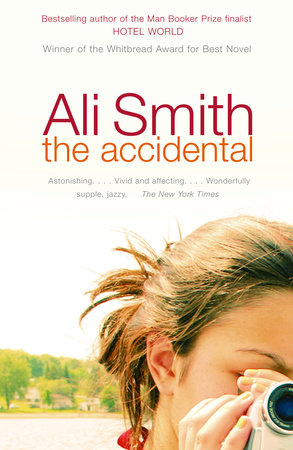Author Q&A
A conversation with Ann Packer, author of The Dive from Clausen’s Pier
Q: In The Dive From Clausen’s Pier your 23-year-old heroine, Carrie Bell, is torn between whether to stay or go when her fiance? becomes quadriplegic after a terrible accident. It is a coming-of-age story that draws us in immediately to a complex web of moral dilemmas. What made you tackle this tragic subject?
A: That’s a hard question, because it assumes an awareness of why one writes what one writes, and a measure of control over one’s subjects that I don’t think can really exist. I know HOW I began to write The Dive From Clausen’s Pier; that is, I can locate the earliest retrievable moment in the process, which was a phrase I jotted down in my notebook, along the lines of "a woman whose boyfriend is injured in maybe a hunting accident." Looking back, I can see that I was intrigued by the ambiguities of the situation: he’s her boyfriend, not her husband; he’s injured, not killed. I imagine I was wondering what I’d do if I were this woman, how I’d find a way to live with and understand the choices I’d make.
Getting back to the why, though: I think that’s more complex and perhaps not fully answerable. One of the characters in the book actually speculates about this, or something like it. An aspiring poet, she says, "I think the family IS the artist. Just like the sky is, or all the books you’ve ever read." I suppose I think, similarly, that a novel–whether "art" or not–is formed because of and by all that has formed its writer: her family, the sky, all the books she’s ever read. In other words, more than can be named. In the case of me and The Dive from Clausen’s Pier, I think the family part played a prominent role in the formation of at least one aspect of the book: when I was ten years old, my father had a stroke that paralyzed the right side of his body, which is similar to what happens to Mike in the novel. I say this played a prominent role, and yet it’s also the case that I wasn’t thinking about the parallel as I wrote.
Q: So you drew on first-hand experiences to portray the worlds of intensive care and rehab?
A: Seeing my father in the hospital and then watching him work to regain function and independence were certainly indelible experiences, but I didn’t so much actively draw on them for the book as realize later that they had helped propel me toward my subject. When it came to the medical aspects of the novel, I did a lot of research: into spinal cord function, the ramifications of injury, the process of rehabilitation.
Q: What about the picture you paint of Mike after he’s home from the hospital? Did you do research there, too? Are there any other parallels to your father’s experience?
A: I researched the practical side of living with a spinal cord injury, but not the emotional side; it was my job as a novelist to imagine that. As for further parallels to my father’s experience, I suppose the answer is yes, in that Mike struggles with depression. My father did, too, and in fact he ultimately committed suicide.
Q: So in a sense the novel turns things around: Carrie, the healthy person, struggles over whether to leave Mike, the disabled one; whereas in your life the disabled person left the healthy one.
A: That’s interesting. I suppose in a way all fiction revises life, whether to make it happier or sadder or funnier or stranger or tidier or messier–whatever the writer wants or needs.
Q: The novel is set in Madison, Wisconsin, a town that you seem to know intimately. Tell us about your relationship to that place.
A: I lived in Madison for a couple of years, during which time I wrote the phrase in my notebook that I was talking about earlier. I started the writing about six months after I moved away, and I suppose Madison became the setting both because the story had begun to percolate there and also because I was now living in France, and Madison was my most recent American place. Living elsewhere while I was writing the book had its moments of frustration–what was the name of that street, again?–but in certain ways it was also very freeing, because it allowed me to ignore or forget aspects of the city that did not serve my fictive purposes, and to invent others that did. When I think of Madison now, I’m struck by how memories of my life there are intermixed with moments from the book, or even with passages I wrote that I ended up cutting. And because it’s been several years since I’ve been back, the life I imagined there for Carrie and her co-characters is often more vivid to me than the life I lived there–even though, of course, it was my experience that provided the foundation for theirs.
Q: Later, the action moves to New York, a city that you also seem to know quite well — its geography, its artists who "want to be something." One senses that you must have fallen in love there once — or at least fallen in love with the city. Could that be right?
A: I lived in New York for the five years following my graduation from college, and I was, of course, awestruck by it. Like most people in their early twenties, I spent my time immersed in the possibilities of who I might become, and New York offered a thrilling–and sometimes terrifying–variety of answers. I loved it, certainly, and still do, but it’s also interesting to me that I didn’t start writing until after I’d left. I’d been gone about four years when I started The Dive From Clausen’s Pier, but given Carrie’s age and the age I was when I lived in New York, it was probably inevitable that I would use it in the novel, both as a setting and as a symbol.
Q: At the beginning of the novel, Carrie lives a life in which friendship and loyalty are paramount, and yet her sense of herself is shattered when she runs from commitment. You explore the question of whether we are "bad" or just "who we have always been" when we make decisions that hurt other people. Tell us more about that.
A: When I set out to write the book I wasn’t conscious of wanting to explore this, but as I look back I can see that one of my projects was to investigate alternatives to the idea that life can be divided into right and wrong. An analog to this idea–to the idea that there ARE alternatives — would be that every act has a multiplicity of meanings, not just from affected person to affected person, but also from one aspect of a given person to another aspect of that same person. One thing that happens to Carrie in the novel is that she moves from a rather severely moralistic position to a position of curiosity and perhaps even acceptance.
Q: Carrie’s most constant coping mechanism for dealing with her pain — guilt, anger, desire to flee — is to turn to sewing as an occupation. How did you come upon something as both mundane and original as that to express so much emotion? Can you talk about what sewing represents in the book?
A: It’s funny, there are things I can retrieve from the writing process and things that I can’t. I really don’t remember how I arrived at sewing for Carrie, though I know that once I sat her down at her sewing machine I felt (rather than decided) that sewing would become an important activity and theme. As for what it represents, I think that changes during the course of the novel. At first it’s very much about escape from the world outside her apartment, where Mike is so gravely injured, and where the people in her life have expectations and assumptions that she doesn’t quite know how to deal with. Of course, she has many of these herself, and the sewing offers some mental respite, too. Later, she sews toward the possibility of self-invention, self-transformation, and I think by the end she is using it as a way to take care of herself financially and, in a sense, psychologically–she can support herself, and she can take her aesthetic sense and make something with it that will reflect an internal process of understanding and imagination.
Q: The book is about opposites — the quiet familiarity of leafy Madison versus the buzz and excitement of New York; caring for both high school sweetheart Mike and urbane, cynical Kilroy, etc. Talk about how one person can be drawn in such different directions.
A: I think we are always imagining alternatives for ourselves, especially when we are young. That we are who we are, or have become who we have become, can seem like an accident of timing at one moment and completely inevitable at another. Carrie faces the possibility of an alternative self in a very real and immediate sense, but the opposites she’s pulled toward strike me as real-life manifestations of choices, or possibilities, that are inherent in us all the time. And it’s probably the case that if the choices aren’t opposite, the choice itself isn’t so difficult, or so interesting.
Q: You are a mother of two children in her early forties, living in northern California. The world of Carrie seems many miles away. What made you write about this group of friends and post-college life right now? Did you start the novel when you were younger and then come back to it?
A: I think the key to this lies in the phrase "right now." The present moment of the book’s creation is actually about a decade long. I did start the novel when I was younger–considerably younger–but I didn’t so much come back to it as never leave it. It was a very slow process with some fairly long breaks during pregnancy and my children’s early infancies, but I’ve been with it–and it’s been with me–all along.
Q: Tell us about the short story collection you published eight years ago with Chronicle Books in San Francisco.
A: The book is called Mendocino and Other Stories, and it consists of the short stories I wrote in graduate school and after, stories that cohered around certain themes–the navigation of relationships, the aftereffects of loss. It was great fun, after years of sending the stories to magazines and journals all over the country, to see them all together in a single book, and to realize that they had a book-like feeling of belonging together.
Q: Who have been your mentors in writing? Who has encouraged you to write?
A: I had some wonderful teachers in graduate school, but never a mentor. I think I’ve been most encouraged by my readers–whether teachers, editors, fellow writers, family members, friends, even strangers: by anyone who has responded to something I’ve written.
Q: What’s next for you as a writer? Is there a way in which this book prepares you for the next one?
A: I’m guessing that each novel–and I’ve certainly found this to be the case with short stories–will present its own set of challenges and seemingly unsolvable problems along with moments of pleasure and discovery. I hope this is the case, because it’s the whole package that makes writing interesting to me. I’ve only written one novel so I can’t say for sure, but I suspect that most of what you learn from writing a book is how to write THAT book.
